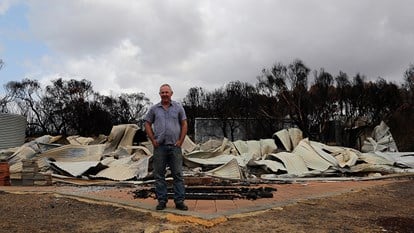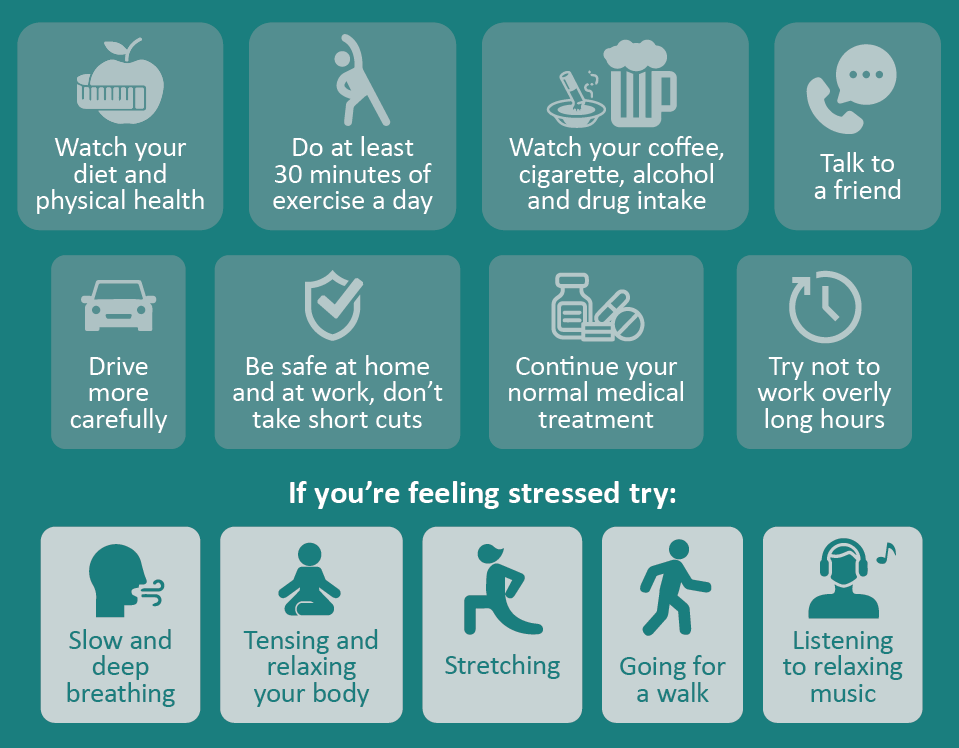

Emergencies and crises by their very nature are disruptive and can be stressful. The recovery process can take time, sometimes months or even years.
What you, your family or friends have experienced is a unique and personal event. Some crises happen suddenly, with very little or no warning. Others develop more slowly and accumulate over time.
It’s normal to have a range of feelings in reaction to an abnormal situation. With time, some simple steps, and the support of people close to them, most people will cope well with the stress of a crisis.
Common physical and emotional reactions following an emergency or crisis change and evolve over time.
For each of the stages you’ll find information on some of the common reactions to crises. There are also tips on how to look after yourself and your loved ones. There are many different forms of support available to you. You’ll find many listed here.

Information on what you might be feeling and how to look after yourself, as well as practical tips on returning home and navigating repairs and rebuilding.

Crisis may be more intense for people who have suffered heavily or been directly involved. Others may find it more difficult to adjust, and will require more support from their community. This could include people in the community who:
Red Cross pays our respects to the Aboriginal and Torres Strait Islander custodians of the country where we work, and to Elders, past, present and emerging.
Learn about our Reconciliation Action Plan and how we can all make reconciliation real.
This website may contain the images, voices or names of people who have passed away.